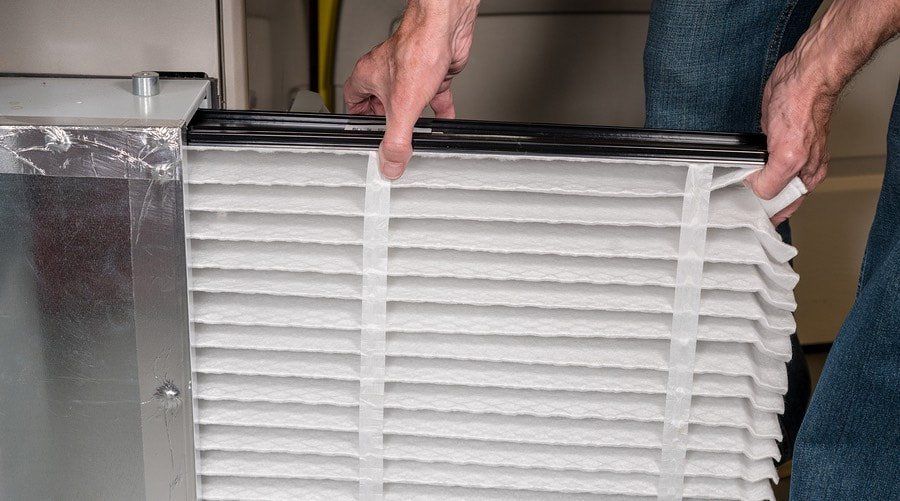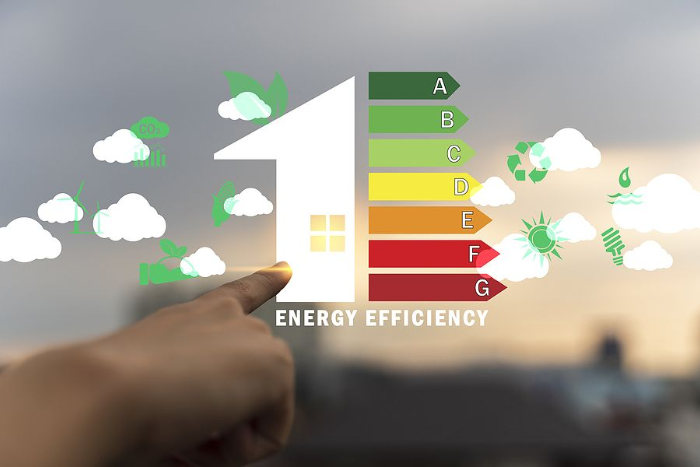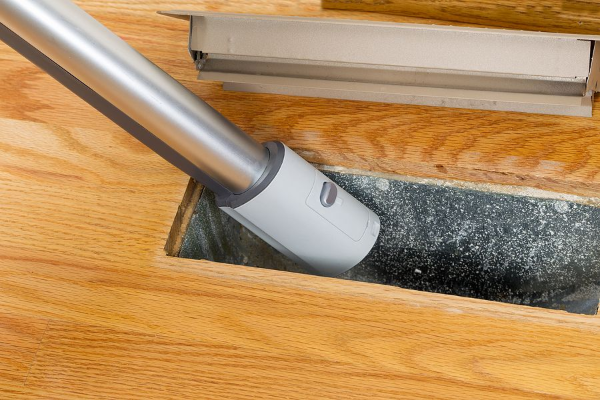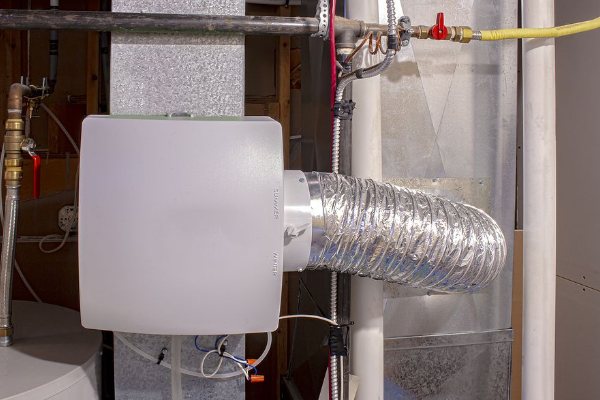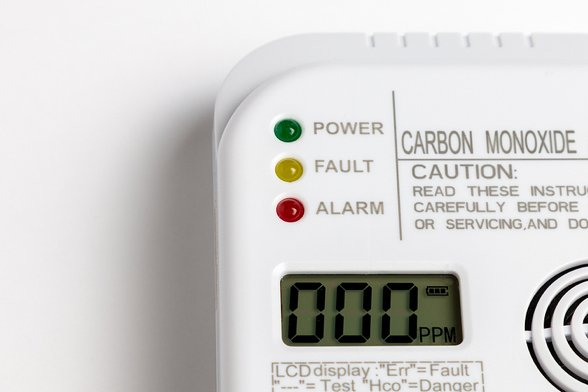The Meaning of a MERV Rating
If indoor air quality is important to you, you are probably aware that your furnace filter should be changed regularly. Now, you may consider yourself a pro when it comes to changing your furnace filter. Or, you may not even know where to find one or what it looks like. Whether you are a novice or a seasoned homeowner who likes to do their own work, you may not have heard of MERV.
Who is MERV, you ask? It’s not who but what. A MERV is a type of furnace filter. The filter and its rating can be beneficial to your indoor air quality and functioning of your unit. Here are some questions you may have with answers to each:
Is MERV an acronym?
Yes! It stands for Minimum Efficiency Reporting Value. It’s basically a function of how effective your air filter is. MERV ratings are on a scale from 1-16. The lower the filter MERV rating, the more dust particles, contaminants and other items can travel through. The MERV scale was created by the American Society of Heating, Refrigerating and Air-Conditioning Engineers (ASHRAE) to demonstrate filter performance at removing small particles.
The contaminants include dust mites, bacteria, carpet and textile fibers, pollen, dust, mold spores, pet dander and even smoke. Within the scale, an air filter with a MERV rating of 7-12 tends to be common for residential purposes and effective at removing these particles. Hospitals, clinical and sterile environments require higher ratings.
Is Lower or Higher Best?
As stated earlier, the lower rated filters allow more particles to pass through the HVAC filter. This may seem like a bad thing until you consider air itself. Smaller gaps in the filter can also restrict air flow and reduce efficiency. This, in turn, can actually reduce air quality Reducing the air flow in your system can actually worsen the air quality in your home and cause strain on the furnace fan or AC unit.
Invest some time in doing some leg work on this. Identify what MERV filter will reduce the highest number of contaminants without prohibiting your airflow. It should not take too much time to identify the solution for your home furnace.
How Often Should I Change the Filter?
The lower the filter rating, the longer it lasts. These filters can generally go three to six months.
Some MERV filters require custom sizes, which may be more expensive. Considering that filters should be replaced several times a year, this can add up. However, you will also literally breathe easier knowing that your indoor air quality is as sound as it can be, and your HVAC filter is operating effectively and efficiently.
MERV ratings are helpful indicators that give you more peace of mind when determining the right HVAC filter for your system. The rating indicates how many particles are able to pass through and also affects airflow. Call us today to schedule an appointment so we can help you determine what the best rating is for your home

